Enhance your expertise with our Applied MSc in Data Science & AI. Gain specialist skills in analytics and technology, mastering large datasets, machine learning, and complex modelling. Through internships or apprenticeships, students develop meaningful professional experience, contributing to their career progression.

Enhance your expertise with our Applied MSc in Data Science & AI. Gain specialist skills in analytics and technology, mastering large datasets, machine learning, and complex modelling. Through internships or apprenticeships, students develop meaningful professional experience, contributing to their career progression.

As a front-runner in data and AI in France, DSTI offers an Applied Bachelor programme holding RNCP 6 accreditation. Our Applied MSc programmes hold RNCP 7 accreditation. Further, DSTI is recognised under the 3IA Cote d’Azur Label for extensive AI content and proudly possesses Qualiopi RNQ certification, affirming quality of our processes.
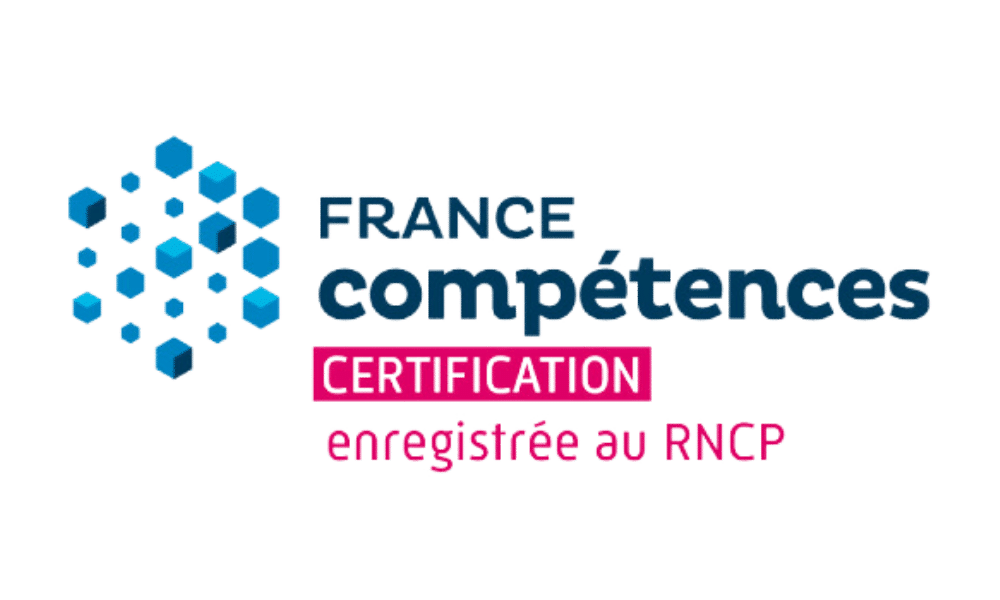
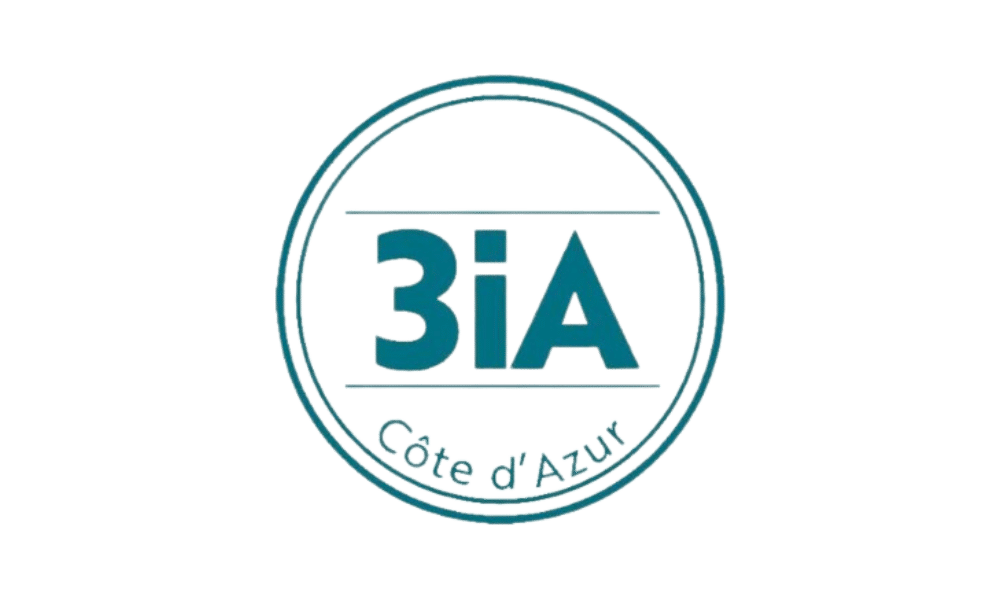
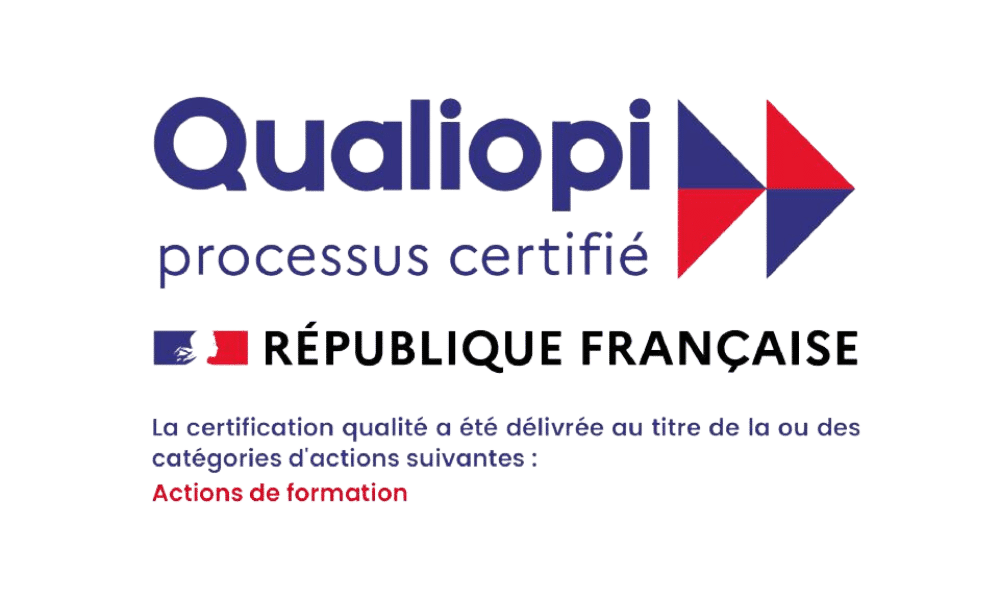
The following are the major objectives of the Applied MSc in Applied Data Science& AI programme:
Our programme's goal is to boost your mathematical skills and their application to resolve intricate Data Science and AI challenges.
Our course centres on giving students a profound grasp of the core AI algorithms, encompassing machine learning, deep learning and natural language processing.
Our programme aids students in utilising their scientific skills by teaching them to analyse, design, implement, and monitor IT and Big Data frameworks.
Our programme imparts knowledge of IT project management and the legal implications of data handling, including privacy laws. It also introduces ethical considerations of mining big data.
The Applied MSc in Data Science & AI is an all-encompassing programme with 120 ECTS. It comprises two parts: firstly, 840 hours of coursework equivalent to 90 ECTS, beginning with a 75-hour DSTI Warm-Up to sharpen necessary skills, and 65 hours of support sessions. Secondly, internships or apprenticeships, carrying 30 ECTS credits, provide excellent practical experience in data science.
24-33
Years of average age range
80%
of International Students
5+
Hands-on projects
3
International Certifications Preparation
DSTI offers the Applied MSc in Data Science & AI in two modes: Initial Education and Continuous Education.

Initial Education’ is designed for students under 30 transitioning from school or university, preparing them to become proficient data professionals. Choose between two options: Full-Time or Part-Time (Apprenticeship).
For beginners in Data Science, we suggest the 2-year Full-time mode with options for two data-related internships, the second being mandatory.
The apprenticeship mode combines part-time work and study, open only to EU students or those with a long-term visa in France. Read details before applying.
For professionals typically 30 or older, Continuing Education balances career growth and work commitments. It’s perfect for those with relevant experience or tech education, allowing flexible completion of the Applied MSc in Data Science & AI on-campus or online.

In Accelerated Learning, students finish coursework in about 9 months, then undertake a 6-month internship or job in the data field, reducing time to market.
DSTI also provides a ‘Part-time Sandwich’ or ‘Contrat de Professionnalisation’. This option is perfect for those aged 30 and above, French speakers, and individuals who are EU/EEA citizens or long-stay visa holders in France.
DSTI provides warm-up courses for the Applied MSc in Data Science & AI, ensuring all students, regardless of background, start with equal understanding of data analysis potential.
The Core Data Science & AI module in our Applied MSc programme delves into key topics like Applied Mathematics for Data Science, Statistical Analysis Foundations, Machine Learning, Time-Series Analysis, Continuous Optimization, SAS “The SAS Ecosystem DSTI Chair”, and Artificial Neural Networks.
A course that covers the fundamental concepts of Descriptive Statistics, Probability Theory, and their practical applications using the R programming language.
A course that introduces the fundamentals of descriptive statistics, probability theory, and their applications using R programming language for data analysis.
A course that builds on the concepts covered in Part I and focuses on topics such as Tests, Estimators, Confidence Intervals, Inference, ANOVA, PCA, Simple Linear Regression, and their applications using R.
This course on Time-Series Analysis covers the mathematical foundations and practical applications using R, including advanced techniques such as neural networks.
This course provides comprehensive preparation for SAS BASE Certification, covering SAS Base programming and its application in SAS STATS.
The course covers critical points, optimization of multiple variable functions, gradient methods, and constraint-based optimisation using Lagrange Multipliers, and their applications using Python.
This course delves into the fundamental concepts of Perceptron’s layers, weights, biases, and hyperparameters, along with activation and cost functions, optimization algorithms, and backpropagation. Students will learn the learning mechanism of Perceptron, its applications in classification and regression, and how to implement them in Python using TensorFlow.
This module provides an in-depth look at Amazon AWS cloud computing, software engineering basics, Python machine learning labs, Big Data Ecosystem by Adaltas, SQL data wrangling, and MLOps by Adaltas. It delves into software engineering concepts, Python machine learning practicalities, SQL data wrangling techniques, and MLOps and Big Data tools for robust data solutions.
This course covers the fundamentals of algorithmics and data structures using classical design and programming, with a focus on practical applications in C programming language.
A course that covers the fundamentals of algorithmics and data structures using object-oriented programming, with a focus on practical applications in C++ and Python programming languages.
This course provides an overview of data structures, cleaning and preparation techniques, Pandas, Matplotlib, Scikit-learn, OpenCV, Python and Flask, Keras, and Numpy for developing data-driven applications.
A course that covers an introduction to DevOps, GitOps, DataOps, and MLOps, unit testing with Spark Data Engineering, CI/CD, artifact deployment to registries such as Docker, JAR, and notebooks, GitOps and MLOps with Apache Liminal, Cloud and MLOps, and the Databricks platform and MLFlow for developing scalable and robust data solutions.
A course that covers the fundamentals of relational databases, relational algebra, advanced SQL queries, stored procedures, triggers using T-SQL, dynamic SQL, and their applications with Microsoft SQL Server for data wrangling and manipulation.
This course provides comprehensive preparation for the AWS Certified Solutions Architect – Associate Certification, covering the fundamentals of AWS architecture, design, deployment, and operations.
A course that covers HDFS, scheduling & resource management, workflow management & ETL, dataflow management, scalable enterprise serial bus, real-time processing with SPARK, machine learning, and data exploration & visualization.
These courses encompass advanced statistical analysis, machine learning, deep learning, and agent-based modelling, among others. They offer a thorough grasp of data science concepts and techniques, including their practical applications.
This course covers multiple linear regression, CART and Random Forests, and their applications, including feature selection and engineering, models comparison and competition, with a focus on practical applications using R.
This course delves into the analysis of large datasets, including open data and social networks. It reviews conventional statistical methods and their application to such data, alongside modern statistical tools, focusing on practical implementation using R.
A course that provides a comprehensive study of survival data analysis employing parametric, nonparametric, and semiparametric methods using R.
A course that covers variational and sequential data assimilation techniques for identification of the initial condition and parameter estimation, with a focus on practical applications using Python.
This course focuses on preparing for the Neo4j certification exam by teaching how to model a graph-based problem and implement it using the Neo4j database.
In this course, students will be introduced to PyTorch and gain knowledge on neural architectures and their applications, as well as receive training on a GPU for neural network implementation.
This course covers solving complex problems using Agent-Based Modelling (ABM), comparisons with statistical, Markov and system dynamics approach, and ABM validation for “trustability”.
A course that provides an introduction to semantics in data, covering RDF and SPARQL for representing and querying web-rich data, RDFS and ontologies, and tracing data history using VOiD, DCAT, and PROV-O.
A module that covers IT project management using PMP-PMI and Agile approaches, as well as exploring data laws and regulations, and the philosophies, geopolitics, and ethics involved in data science.
The course covers the principles and frameworks of data privacy and security, including EU & USA regulations, GDPR, Safe Harbour & Successors, and the differences between common law and code law.
The course covers the Project Management Body of Knowledge (PMBOK) and Agile methodologies, including Kanban, quality metrics and preparation for PMP-PMI certification.
Post-course, students have 1-2 weeks for revision, with any queries addressed in support sessions. Professors provide tailored attention, ensuring all DSTI students’ doubts are clarified.
To stay abreast of changes in the data world, students can prepare for the following certifications while completing Applied MSc in Data Science & AI.

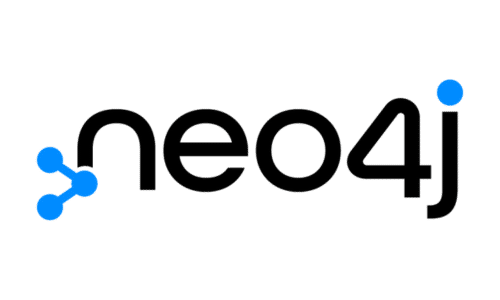

Following are some of the professors who teach Applied MSc in Data Science and AI.

Academic Member, Professor
Jacques Blum is a Professor Emeritus at the University of Nice and has previously held positions as a professor at the University Joseph Fourier Grenoble and a researcher at CNRS, and he is an Agrégé in Mathematics from the Ecole normale supérieure.

Professor
Julien Jacques is a current Professor in Statistics at Université Lumière Lyon 2, with previous lecturing experience at Université de Lille, and a PhD in Statistics from Université Grenoble Alpes.

Professor
Dr. Georgiy Bobashev, an RTI Senior Fellow, specializes in predictive modeling for health research. With 20+ years of experience, he applies artificial intelligence, machine learning, and biostatistics to diverse areas like substance use, HIV, cancer, and public policy.

AWS Educate, an initiative by Amazon Web Services (AWS), equips students and educators with valuable resources, training materials, and hands-on experience to foster the development of cloud computing skills and facilitate career readiness in the industry.
Azure for Education provides students with Microsoft software, developer tools, and cloud resources for learning and projects, including a $100 voucher.
O’Reilly is a platform offering quality content for effective study. It features over 60,000 books, 30,000 hours of video, live events, and interactive labs covering cloud computing, software architecture, programming languages, machine learning, and more.
Every student of our Applied MSc in Data Science & AI receives a SAS license, a distinct software suite for advanced analytics, business intelligence, and data management.
Moodle offers students comprehensive access to their studies: notifications, schedules, courses, exams, live sessions, lecture recordings, and project submissions.
A resource that allows students to ask questions or seek assistance with academic, career, or administrative tasks. Students can also revisit the answers whenever necessary.
All DSTI students enjoy lifelong alumni email access and are given Microsoft Windows and Office 365 licenses.
The Applied MSc in Data Science & AI offers brilliant career opportunities. Almost all graduates secure an internship within six months in Europe, with a monthly stipend around EUR 1300.
98%
of Students get an internship offer within 6 months
€ 1300+
average monthly stipend
91%
of students find internships in Europe
€ 45k
average starting salary
€ 1600
average monthly stipend for Apprenticeship
€ 1950
average monthly stipend for Contrat Pro
2/3
students receive CDI offers.
50% +
students sign their contracts through DSTI
The admission procedure at the Data ScienceTech Institute (DSTI) is an inclusive endeavour that provides deserving candidates a fair chance. This outlined admission process applies to all study modes.
To qualify for DSTI’s Applied MSc programmes, applicants must satisfy these conditions:
Applicants should have studied Mathematics at high school level or possess an equivalent qualification.
Candidates must have completed a 3 or 4-year Bachelor degree or equivalent from a recognised university.
DSTI provides three ways for prospective students to demonstrate their academic credentials. Students may only submit one type of academic record from the three options provided. However, submitting evidence of more than one qualification listed below will enhance your chances of admission.
Option 1: Minimum Grades + Bachelor Degree Certificate
For consideration into the Applied MSc programme, candidates must attain at least the following grades or their equivalents: USA – GPA 2.0; Germany – 3.5; France – 12; UK – 2:2 (2nd Class Lower Division); India – CGPA 6.5 or Upper second class; China – 67%.
Option 2: standard admission test + Bachelor Degree Certificate
To uphold application quality, we value scores from standardised tests. For the GRE, aim for a minimum of 155 in the quantitative section and an average total score close to 300. For the GMAT, target a minimum score of 42, with an average total score approaching 600.
Option 3: Online DSTI Entry Exam + Bachelor Degree Certificate
If the above criteria are unattainable, consider taking the online DSTI Entry Exam from home. All that’s needed is a computer and stable internet access. The exam comprises two sections: Mathematics and IT.
Since all courses are taught in English, students must have a B2 level of proficiency in English. DSTI will assess English proficiency during the Admission Interview.
To boost an application, students may submit their IELTS or TOEFL scores.
Students at DSTI should have a Windows PC laptop, not Apple Mac, with these minimum specs:
At least Intel Core i5 (or AMD equivalent)
Minimum 8GB, but 16GB recommended
Minimum 512GB, 1TB recommended.
SSD preferred, but a dual-drive system with 128GB/256GB SSD + 512GB or 1TB magnetic drive is a good alternative.
If only magnetic, it must be at least 7200rpm, not 5400rpm.
NVIDIA preferred, but not essential.
Any Windows version.
DSTI will provide a Windows 10 Professional key when classes start.
Don’t purchase MS Office 365; DSTI will provide a license key when classes start.
The admission process of the Data ScienceTech Institute (DSTI) is a comprehensive exercise that offers an opportunity to all deserving candidates.
To start your application, browse our various Applied MSc programmes to find your perfect match. Schedule an online meeting with our team for guidance and to check each programme’s tuition fees.
The application is done online, and we assess your suitability. You’ll need to upload standard documents: ID, CV, and a cover letter.
After initial application assessment, DSTI will invite applicants for further processing. Applicants should provide documents specified in either Option 1 or 2. If these are unavailable, Option 3 may be chosen.
Option 1: Transcripts and Degree Certificate
Option 2: Standardised Tests and Degree Certificate
Option 3: DSTI Online Entrance Exam and Degree Certificate
If your application advances, we’ll invite you for a 20-minute admission interview to confirm your interest, course suitability and English fluency.
Upon acceptance, you’ll receive an official admission decision via email.
Please refer to our detailed admission process for more information.
DSTI – School of Engineering
Private Higher Education Institution
As a front-runner in data and AI in France, DSTI offers an Applied Bachelor holding RNCP 6 accreditation. Our Applied MSc hold RNCP 7 accreditation. Further, DSTI is recognised under the 3IA Cote d’Azur Label for extensive AI content and proudly possesses Qualiopi RNQ certification, affirming quality of processes.



The Data ScienceTech Institute (DSTI) has formed strategic partnerships and affiliations with a number of key organisations, including the likes of AWS, SAS, Microsoft, Arts et Métiers, and 3IA Côte d’Azur. These partnerships are vital because they help keep our syllabus current and our resources updated. With these partners, we are better equipped to support our students as they advance their careers in data.
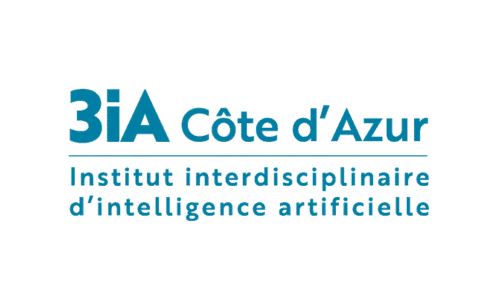


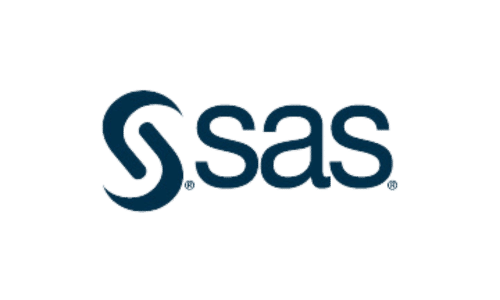



950 Route des Colles
Les Templiers
06410 Biot (Sophia Antipolis)
Alpes-Maritimes, France
4 Rue de la Collégiale
75005 Paris
Île-de-France, France
+33 (0) 489 412 944
© 2024 All Rights Reserved.
At DSTI, we provide one-on-one online meetings with prospective students. Here we answer all their questions regarding our Applied Bachelors and Applied MSc courses.
At DSTI, we organize online group meetings where we share valuable information about our selection of Applied Bachelors and Applied MSc courses in data and AI.
DSTI organizes online group meetings to provide information about our range of Applied Bachelor and Applied MSc programs in data and AI.
Every Wednesday from 2PM to 6PM CEST, DSTI’s Paris Campus hosts an open day for all, no appointment necessary. Inquiries regarding admission, courses or other related topics are welcomed. We are delighted to provide answers to your questions.
Fees are valid for the Autumn 24 and Spring 25 intake. | Applied MSc in Data Analytics | Applied MSc in Data Engineering for Artificial Intelligence | Applied MSc in Data Science & Artificial Intelligence |
Total Tuition Fees | € 15,600 | € 18,700 | € 18,700 |
Yearly Tuition Fees | € 7,800 | € 9,350 | € 9,350 |
*No tuition fees for the students in apprenticeship mode.

Want a career in data and AI? Download the DSTI’ Applied MSc in Data Science and AI Curriculum to find out how!
Attend two seperate Open Day sessions: one in English and another in French.